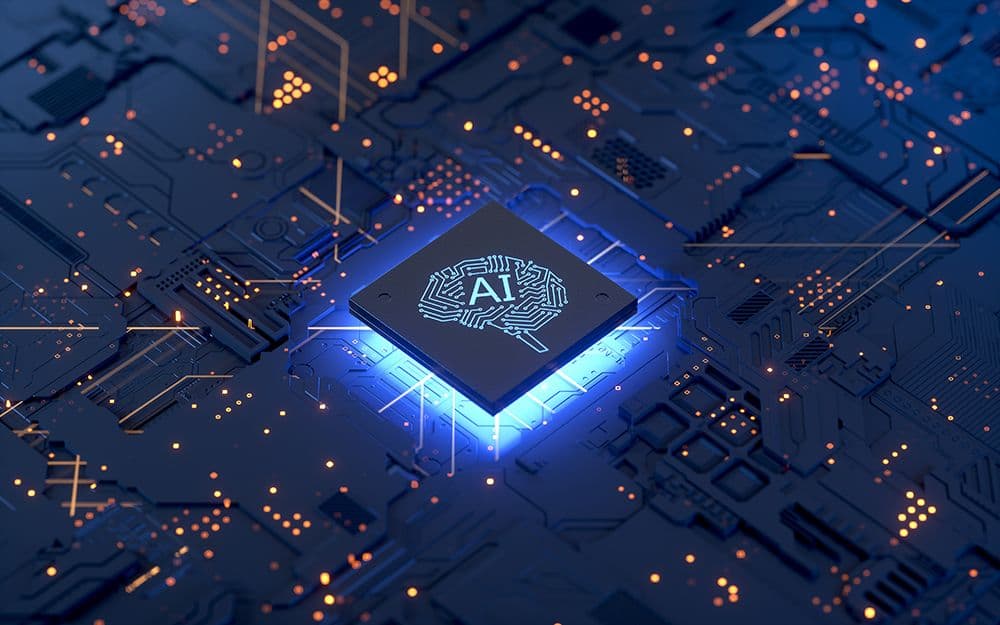
In 2024, artificial intelligence (AI) is significantly transforming business operations by enhancing efficiency, decision-making, and customer experiences. AI's ability to process vast amounts of data enables businesses to make more informed decisions, predict trends, and mitigate risks with greater accuracy. Automation powered by AI streamlines tasks like data entry, scheduling, and customer service, reducing human error and improving productivity across various sectors. AI-driven solutions, such as machine learning algorithms and chatbots, allow businesses to deliver personalized customer support and product recommendations, boosting customer satisfaction and retention. Furthermore, AI's accessibility is growing, enabling even small businesses to adopt AI-driven innovations, which are reshaping industries and creating new opportunities for growth and efficiency. In 2024, artificial intelligence (AI) is reshaping business operations by driving automation, improving decision-making, and enhancing customer interactions. AI systems process massive amounts of data quickly, enabling businesses to identify trends, predict outcomes, and optimize strategies with precision. Automation through AI reduces the need for manual tasks, increasing efficiency in areas like customer service, inventory management, and production processes. Businesses are also leveraging AI-powered tools to offer personalized experiences, from chatbots providing instant support to recommendation engines suggesting tailored products. As AI becomes more accessible, it’s empowering companies of all sizes to innovate and streamline operations, fostering greater productivity and competitive advantage.

The future of Web3, centered around decentralization, promises to revolutionize businesses by shifting control from centralized entities to distributed networks, offering significant benefits. Unlike the current Web2 model, where data and operations are dominated by large corporations, Web3 leverages blockchain technology to enable peer-to-peer interactions, removing the need for intermediaries. This decentralization enhances security, transparency, and trust, as data is stored across a network of nodes rather than in a single location, making it more resilient to hacking or manipulation. For businesses, this opens up new opportunities for innovation and efficiency. Smart contracts, a core feature of Web3, allow businesses to automate and execute agreements without relying on third parties, reducing operational costs and minimizing errors. Additionally, Web3 fosters greater data ownership and privacy for users, as individuals have control over their information, which can lead to better customer relationships and more personalized services. Tokenization, another key aspect, enables businesses to create new models of value exchange, offering rewards, loyalty programs, or even decentralized financing options to attract and retain customers. The rise of decentralized autonomous organizations (DAOs) also allows businesses to operate more democratically, involving stakeholders in decision-making processes. This collective approach can lead to increased trust, community engagement, and long-term sustainability. As Web3 technologies continue to mature, businesses that embrace decentralization will be better positioned to innovate, enhance security, and create value in ways that were previously unimaginable in the centralized web landscape.
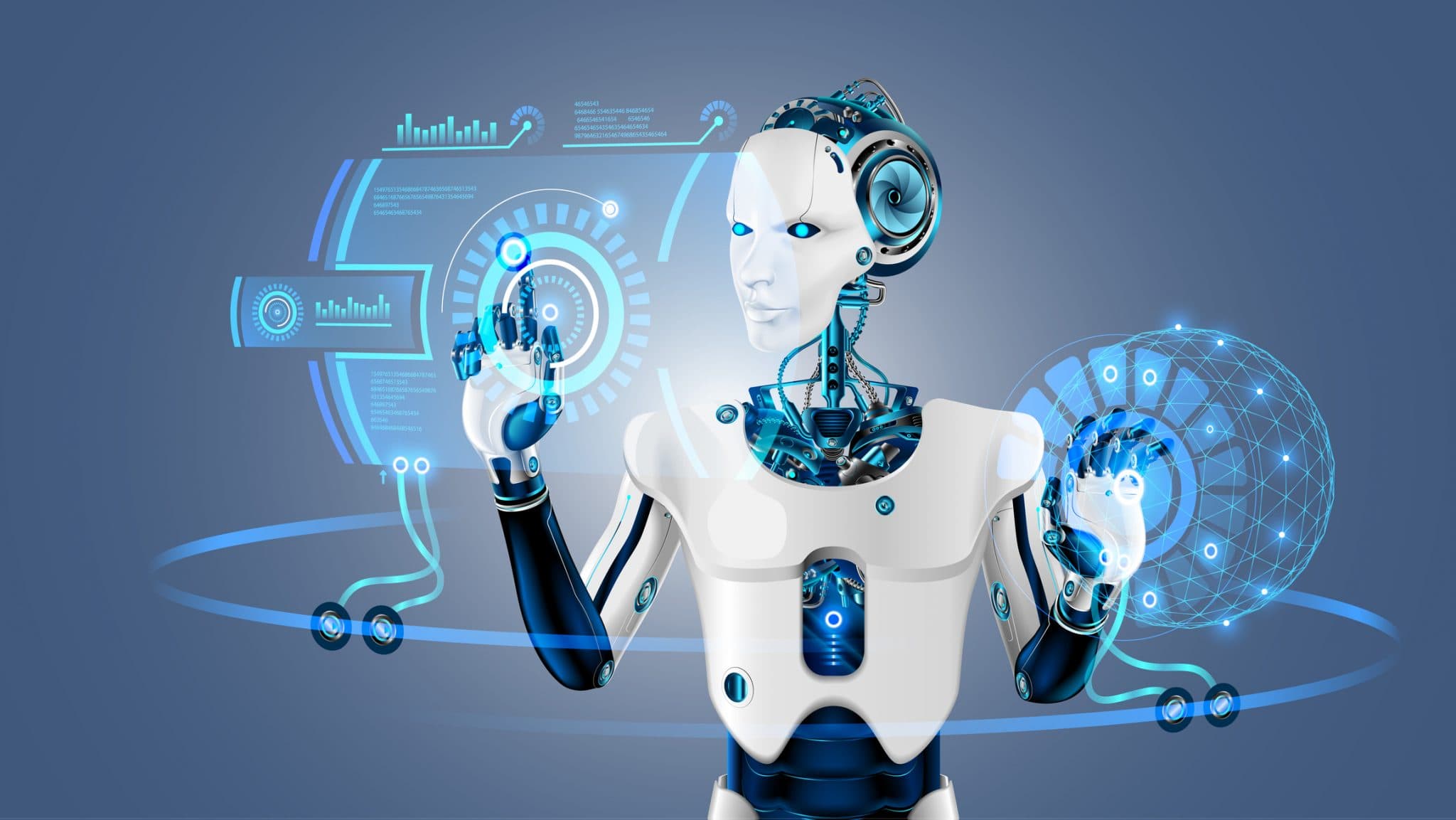
AI-powered analytics is revolutionizing the way businesses handle big data by transforming large, complex datasets into actionable insights. In today’s digital age, vast amounts of data are generated from diverse sources such as social media, IoT devices, and online transactions, making it difficult for traditional analysis methods to keep pace. AI, particularly machine learning algorithms, enables businesses to process this data in real-time, uncovering patterns, trends, and correlations that would be nearly impossible to detect manually. One of the most valuable aspects of AI-powered analytics is its ability to generate predictive insights. By analyzing historical data, AI models can accurately forecast future trends, customer behaviors, and potential risks, helping businesses make more informed, proactive decisions. This predictive capability is especially beneficial in industries like finance, retail, and healthcare, where anticipating market shifts, consumer demand, or patient outcomes is critical to success. For instance, retailers leverage AI to optimize inventory management and predict customer preferences, while financial institutions use it to detect fraud and anticipate market fluctuations. Additionally, AI-powered analytics enables businesses to personalize customer experiences, tailoring products, services, and marketing campaigns based on individual preferences and behaviors. This level of customization not only boosts customer satisfaction but also drives higher retention and revenue growth. Moreover, AI enhances operational efficiency by automating data analysis processes, reducing human error, and enabling faster decision-making. As AI technology continues to advance, its role in turning big data into actionable insights will become increasingly pivotal, giving businesses a competitive edge by empowering them to make data-driven decisions with speed and accuracy.
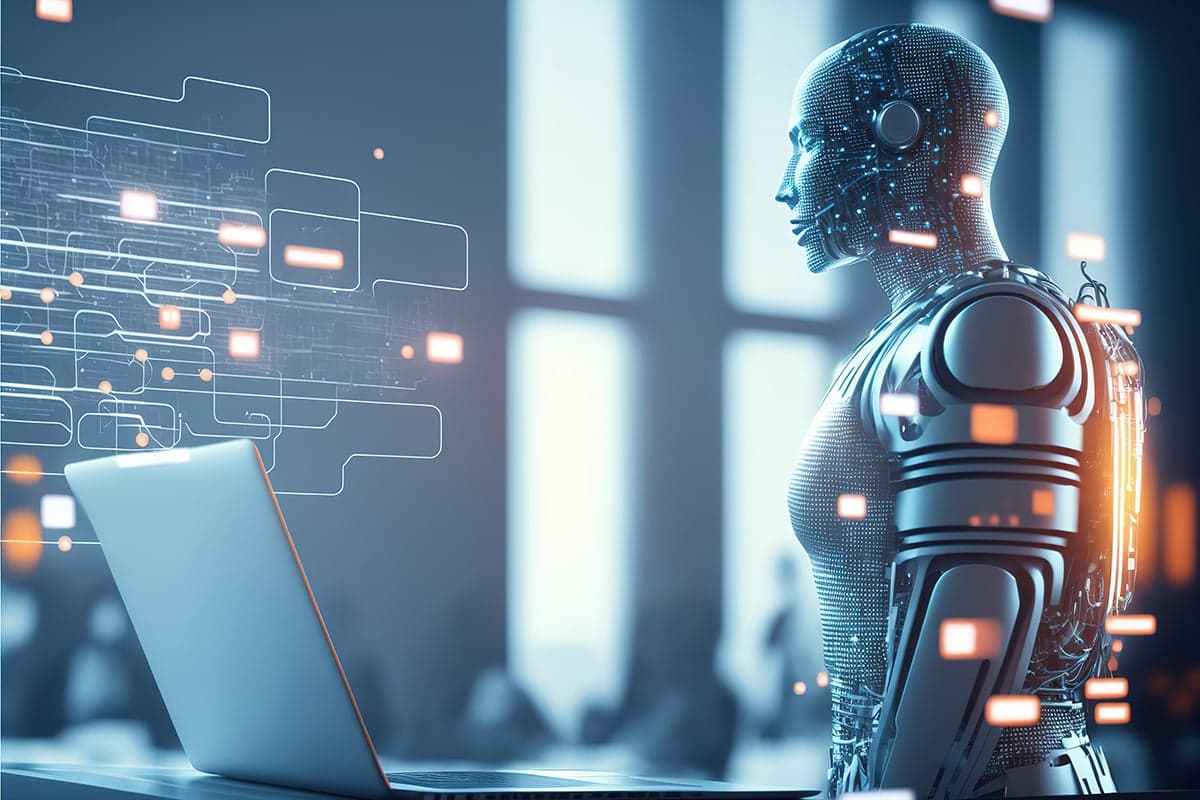
Smart contracts, powered by blockchain technology, are revolutionizing transactions by enabling self-executing agreements that automatically enforce the terms of a contract without the need for intermediaries. A smart contract is essentially a piece of code stored on a blockchain that is triggered when predetermined conditions are met, executing actions such as transferring assets, updating records, or processing payments. This eliminates the need for third parties like lawyers, brokers, or banks, reducing transaction costs and speeding up processes. The decentralized nature of blockchain ensures that smart contracts are secure, transparent, and immutable, meaning that once the contract is deployed, it cannot be altered or tampered with. This builds trust between parties, as all participants can independently verify the contract’s execution without relying on any centralized authority. Smart contracts have broad applications across industries. In finance, they facilitate peer-to-peer lending, automated trading, and decentralized finance (DeFi) protocols, allowing users to conduct complex transactions without traditional intermediaries. In real estate, smart contracts can streamline property sales by automating the transfer of ownership once payment is received. Supply chains benefit as well, with smart contracts ensuring that payments are released automatically when goods are delivered and verified. Additionally, in sectors like healthcare, they can help manage sensitive data and automate insurance claims processing. By automating and securing transactions, smart contracts reduce the potential for errors, fraud, and delays. As blockchain technology evolves, smart contracts are poised to transform traditional business models, providing a more efficient, transparent, and cost-effective way to execute agreements and conduct transactions across a wide range of industries, fundamentally reshaping how trust and contracts are managed in the digital age.
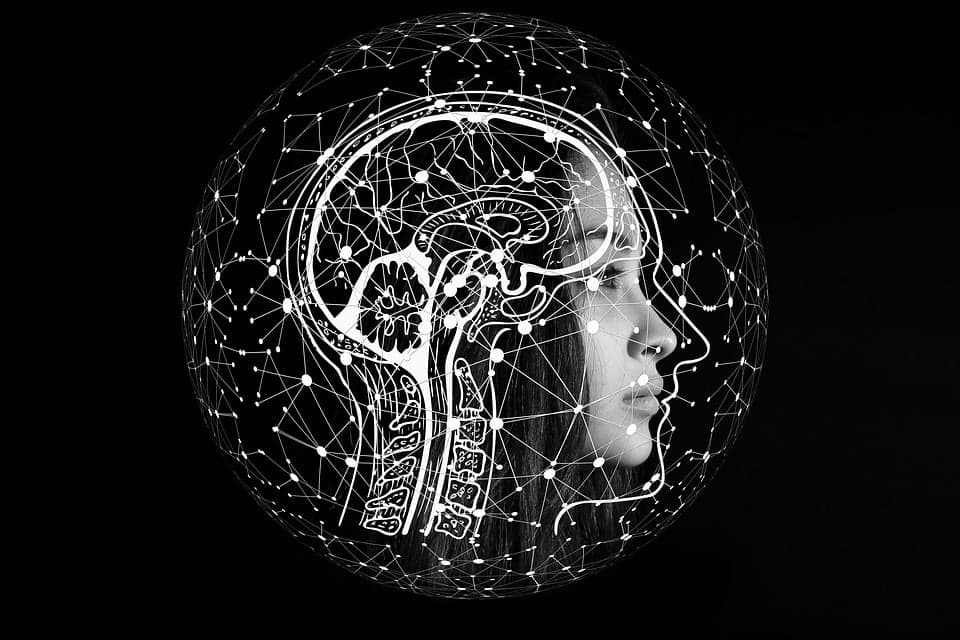
Decentralized Finance (DeFi) solutions are reshaping the financial landscape by using blockchain technology to create an open, transparent, and permissionless financial ecosystem that operates without traditional intermediaries like banks or financial institutions. At its core, DeFi leverages smart contracts to facilitate financial transactions—such as lending, borrowing, trading, and investing—directly between users on decentralized platforms. This eliminates the need for centralized control and reduces reliance on middlemen, significantly lowering transaction costs and increasing accessibility for individuals across the globe. One of the key advantages of DeFi is that it democratizes finance, providing anyone with internet access the ability to participate in global financial markets, regardless of their geographic location or financial background. DeFi platforms offer financial services like decentralized exchanges (DEXs), yield farming, and liquidity pools, enabling users to earn interest, trade assets, and provide liquidity in a secure and transparent environment. Because these systems are built on blockchain, they offer enhanced transparency, as every transaction is publicly recorded on a distributed ledger, ensuring accountability and minimizing fraud. Furthermore, DeFi solutions operate 24/7, providing uninterrupted financial services outside the constraints of traditional banking hours. The programmable nature of smart contracts also allows for the creation of automated, trustless financial products that execute under predefined conditions, reducing the risk of human error or manipulation. In addition to offering high yields and greater control over assets, DeFi has the potential to improve financial inclusion by allowing underserved populations to access services previously out of reach. As DeFi continues to evolve, its innovative approach is poised to challenge the traditional financial system, offering a decentralized, more equitable alternative that empowers users and reshapes how financial transactions are conducted in the digital era.
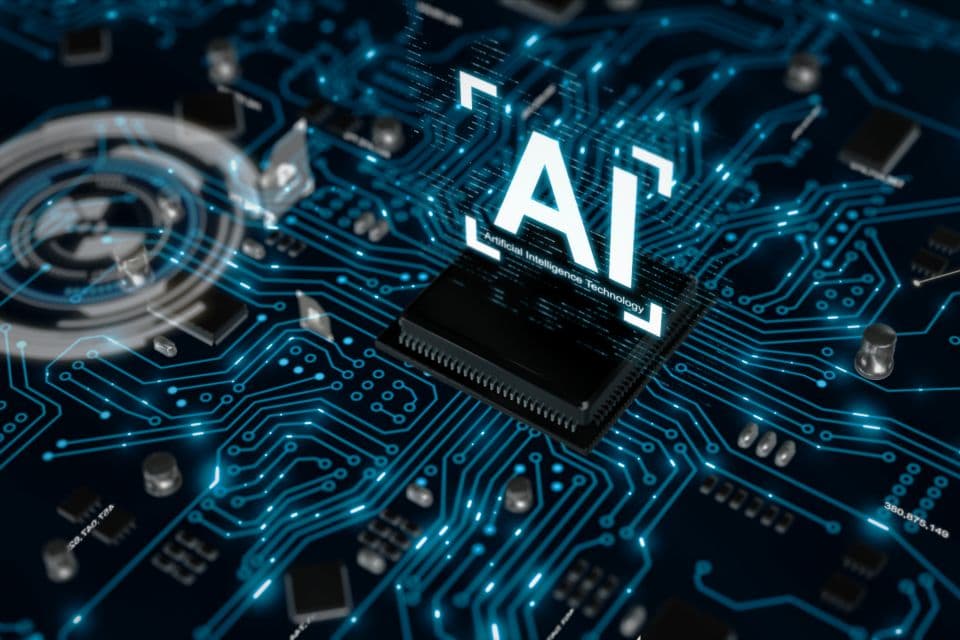
Custom AI product development is transforming the way businesses innovate by turning unique ideas into tangible solutions tailored to specific needs. This process involves a collaborative approach where companies identify their challenges and opportunities, followed by designing and developing AI-driven products that address these needs. From concept to reality, the journey begins with thorough research and requirement analysis, ensuring that the envisioned product aligns with market demands and business objectives. After defining the scope, development teams create prototypes and models, using advanced technologies like machine learning, natural language processing, and computer vision to build AI functionalities. Iterative testing and feedback loops are crucial in this phase, allowing developers to refine the product based on user experiences and performance metrics. Once the product meets the desired specifications, it moves into deployment, where it is integrated into existing systems or launched as a standalone solution. Custom AI products can range from chatbots that enhance customer service to sophisticated analytics tools that provide actionable insights from big data. They can also include recommendation engines that personalize user experiences or automation solutions that streamline business processes. The flexibility of custom AI development enables organizations to address niche market needs and differentiate themselves from competitors. Moreover, ongoing support and updates are essential for maintaining the product’s relevance and efficiency in a rapidly evolving technological landscape. As businesses increasingly recognize the value of AI in driving growth and innovation, custom AI product development becomes a strategic priority, empowering organizations to harness the power of artificial intelligence to create solutions that deliver real-world impact and foster competitive advantage.